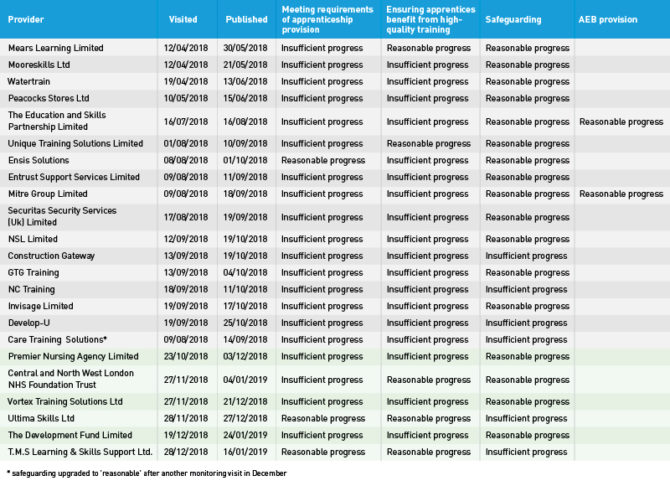A studio school in Bath that has struggled to meet costs as a result of severely low student numbers is to close at the end of the 2020 summer term, it has been confirmed.
The Wellsway Multi Academy Trust said this morning that the Department for Education has made the final decision to close The Bath Studio School (TBSS) next year.
The government agreed “in principle” to close TBSS in October; an announcement that was followed by a five-week consultation exercise.
The creative and digital specialist school opened in 2014, but struggled to recruit enough students to make it viable and has been operating at a capacity of 47 per cent or less since opening – with student numbers forecast to fall even further.
Due to the poor intake, TBSS has required a “considerable” amount of subsidy and financial support from the trust.
Closing TBSS at the end of Summer term 2020 means students will be able to finish their qualifications.
No new pupils will be admitted from September this year, and the trust is looking at redeploying staff to its other schools.
The trust’s chief executive Andrea Arlidge said: “The decision by ministers to consent to the closure of TBSS reflects the challenges the school faces – medium and long-term.
“Ultimately, there is simply not enough demand in the Bath area for the type of education that TBSS provides.
“We remain excited by the potential of Aspire Academy, our special school that shares the site and building with the school.
“We are aiming to further develop Aspire to provide much needed special school places for children and young people on the autistic spectrum with challenging needs.
“Through our studio school in Keynsham, IKB (which is focused on STEM subjects), we also remain committed to the studio school concept for particular subjects and students.”
Yesterday, Studio@Deyes studio school revealed it was considering closure. Although it has a capacity for 300, it has just 196 pupils and its accounts show it ended last year with a deficit of almost £600,000.
Twenty-one studio schools have closed to-date, and a number of others have set out plans to shut, despite millions of pounds in government investment. No new studio schools opened in 2018.
In September, the Department for Education denied that there had been a formal review of the programme ordered by minister Lord Nash.
That was despite emails, released under Freedom of Information, showing the Studio Schools Trust chair, David Nicoll, had asked Lord Nash to postpone a meeting they were due to have as “it seems that the review will not have been completed in time”.

